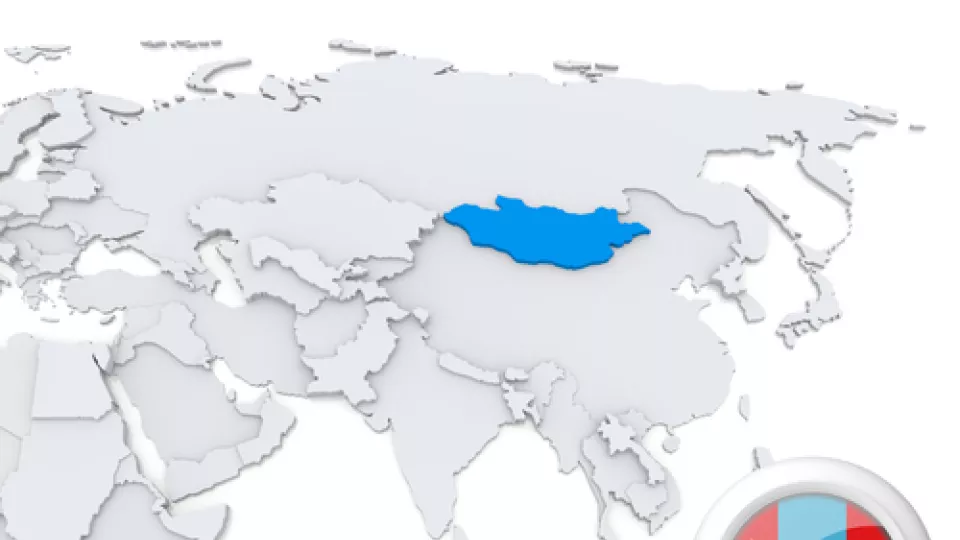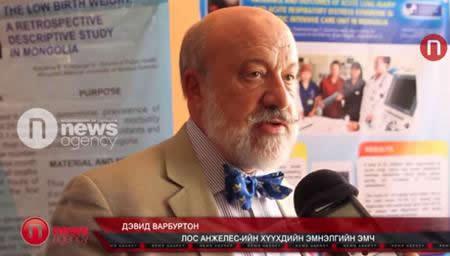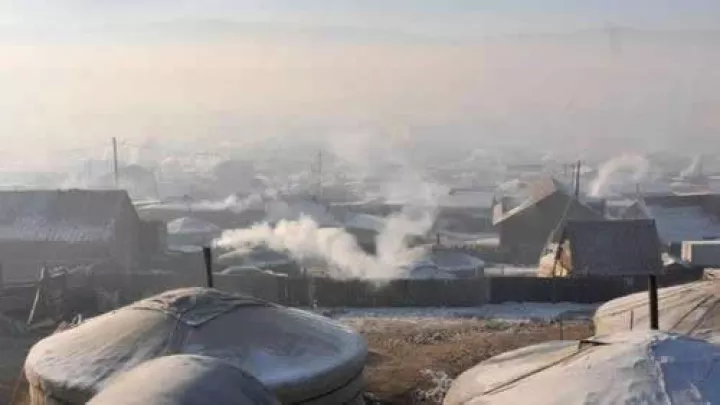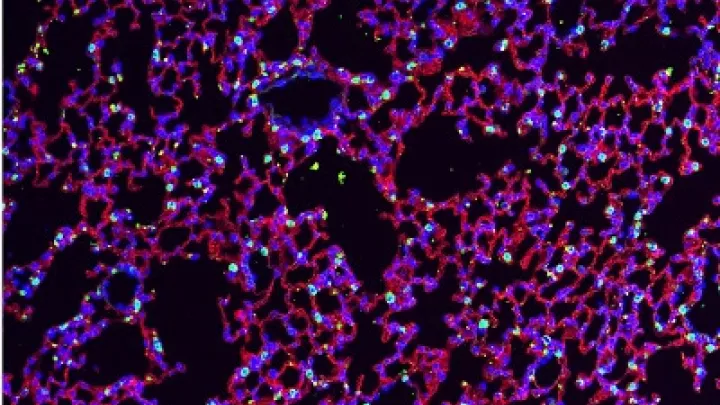
Combating Air Pollution: An Update from Mongolia
Reaching temperatures as low as -40 degrees Fahrenheit (an incomprehensible number, especially to Angelenos), Ulaanbaatar, Mongolia is the coldest capital city in the world. And it’s also one of the most polluted. In this rapidly-developing city, particulate air pollution levels can reach up to 23 times World Health Organization standards.
The way Mongolians stay warm is largely to blame. Many residents of Ulaanbaatar rely on domestic stoves that heat their traditional dwellings, called Gers. While the Ger stoves help raise the temperature, these coal-burning stoves are highly inefficient and are a fundamental cause of Ulaanbaatar’s dangerously high levels of air pollution.
These toxic levels put residents at a greater risk for serious health effects, such as cardiac and respiratory events, disease and death. Recently, David Warburton, MD, from The Saban Research Institute also associated the ambient levels of air pollution with miscarriages in Mongolian women.

To address these health concerns and help lower the pollution levels, Warburton and colleagues presented the following, evidence-based recommendations to the Mongolian public earlier this month:
1) Completely eliminate coal burning as a domestic heat source and replace it with natural gas, or provide clean coal as an interim solution.
2) Continue to remove Gers and provide alternative housing with appropriate insulation, such as apartments or houses.
3) Continue to eliminate indoor smoking, particularly inside homes.
4) Work on regulations eliminating diesel and other vehicular exhaust within the city.
5) Move to mandate clean-emission natural gas, electric or hybrid vehicles as much as possible within the city.
As Warburton explains, “the key to cleaning the air in Ulaanbaatar is cutting or eliminating coal burning as a domestic heat source in the Ger districts. We are suggesting an industrial-strength, transformative solution for this challenge that will provide clean coal and sustainable clean energy. This strategy can save many lives in this vast country.”


